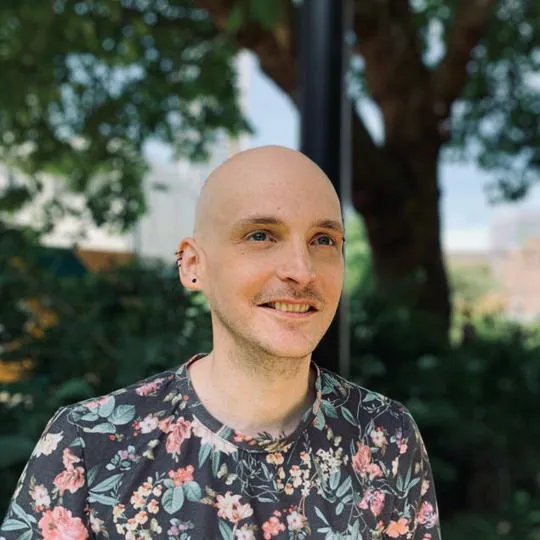Please note: this event has passed
This is a face to face event. Places are limited; please register early to avoid disappointment. If you would like to attend please email crestem-events@kcl.ac.uk.
Learning to code has become a core part of the computing curricula of many countries, however coding education is not accessible to all learners. For instance, the main tools used in early programming education rely heavily on graphics and therefore are not accessible to learners with visual impairments. However, tangible programming languages have been shown to be an accessible alternative. Additionally, existing research has demonstrated the potential of employing collaborative approaches, such as pair programming, that are already employed in industry, to support the development of programming knowledge by school students.
Given that the majority of visually impaired children in the UK attend mainstream schools this would suggest a need for inclusive programming tools that enable visually impaired students to learn alongside their sighted peers. Unfortunately, the inclusive tangible programming languages that are currently available are prohibitively expensive for most mainstream schools. Indeed, there is a distinct lack of research examining the role of such tools in facilitating collaboration between sighted and visually impaired learners.
These factors motivated Alex Hadwen-Bennett to initiate a collaborative interdisciplinary project across three departments at King's College London (Education, Communication & Society, King’s Digital Lab and Informatics) to develop a proof of concept for the Tangible Inclusive Block-Based Language (TIBBL) tool, which employs computer vision to recognise markers placed on magnetic blocks that can be arranged on a magnetic board.
In this seminar, Alex will discuss how an interdisciplinary approach benefited the development of the TIBBL tool and how through it the project team aims to develop an understanding of how inclusive tangible programming languages can facilitate effective collaborative coding between visually impaired and sighted learners.
Speaker: Alex Hadwen-Bennett
Dr Alex Hadwen-Bennett is a Lecturer in Computing Education at King’s College London. Alex’s research focuses on exploring how alternative means of engaging with Computing and STEM concepts can make these disciplines more inclusive. He is particularly interested in exploring the role that making, physical computing and crafts can play in widening participation. His most recent research explored how blind and partially sighted learners develop an understanding of key programming concepts when working with a tangible programming language.
Alex has worked in education in various capacities for the last 20 years. He has worked as a computing teacher, examiner, teacher educator and educational researcher. Alex is committed to research-informed teaching and has helped to shape the practice of computing educators nationally through his research and numerous published teaching resources.
He runs a module on Making and Creating in STEM Education on the MA in STEM Education, teaches on the PGCE Computing programme as well as supervising PhD students on making in computing and inclusion.
This event was part of the CRESTEM Seminar Series.

